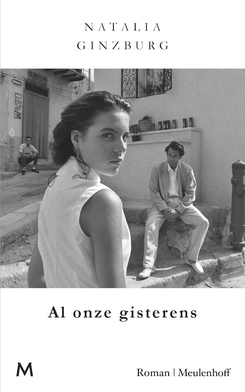What do you think?
Rate this book


335 pages, Hardcover
First published January 1, 1952



She had made love with [him] and she knew that he did not love her, she knew that he felt rather sad and humiliated after they had made love together, and she would have liked to go back to the times when they used to read Montale's poems and eat chestnuts, and the war was still a cold, distant war, the Germans hadn't won yet.
He said that Emanuele, when he himself was on the point of going off to Russia, had made an angry scene with him, he was too young to be called up and could have stayed at home, and instead of that he was going as a volunteer to fight in a fascist war, he was going to help the fascists not lose this war of theirs, because he had perhaps believed all that rubbish about his country that fascism taught in the schools. But there wasn't a grain of truth in it, said Giustino, he had never dreamed of loving his country, he had never thought of any country whatever when he was at the war, firing at the enemy. Moreover, none of the men that were with him did think about it. Nor did anyone ever remember that it was against the Russians they were firing. It was just firing, neither for anybody nor against anybody, just firing with your feet like pieces of ice in your boots, and with your eyes dazzled by the snow. When he went away he had simply wanted to know what sort of a thing war was.